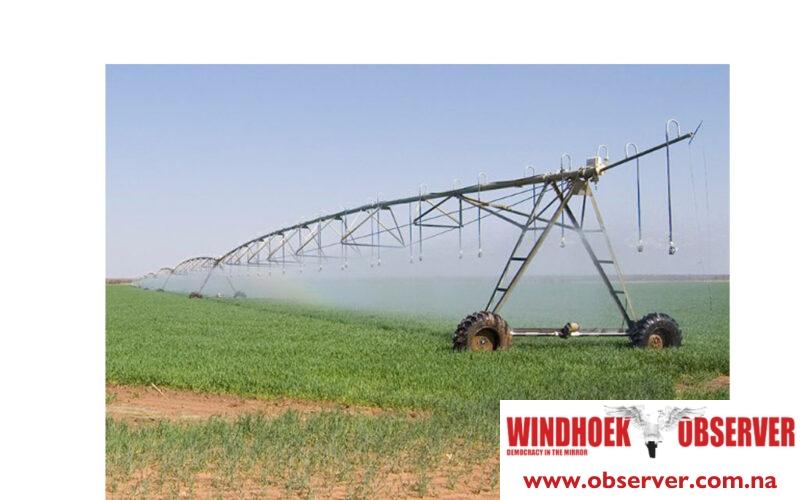Niël Terblanché
Namibia’s agricultural sector received a significant boost as the Agricultural Bank of Namibia (Agribank) and KfW Development Bank inked a historic agreement, securing a concessional loan of just over N$400 million.
The collaboration, which aims to empower Namibian farmers and related food-producing businesses, promises to revolutionize access to financing for the communal and commercial farming sectors and Micro, Small, and Medium Enterprises (MSMEs) involved in agriculture and food processing.
Agribank, as the recipient of the funds, plans to utilize the resources to provide expanded financing facilities to small-scale farmers and MSMEs engaged in primary agriculture and agro-processing.
By offering tailored financial products, this initiative aims to enable these entities to expand and enhance their agricultural and food processing activities, ultimately leading to increased food production and income across Namibia.
The project also calls for the establishment of resource-conserving agriculture for sustainability.
In addition to the loan agreement, Agribank, the National Planning Commission, and KfW Development Bank signed a grant agreement worth over N$20 million in Agribank’s favour.
The grant will support technical and institutional capacity building for Agribank.
Ulrike Metzger, the Head of German Development Cooperation, stressed the pressing need for this initiative during the signing ceremony.
“We all know there is a lack of access to credit financing in rural areas, especially for young farmers, women, and farmers on communal land. This prevents necessary investments to increase productivity and secure income for rural families,” he said.
Metzger added that commercial banks can only grant loans with land titles as collateral, which cannot be presented on communal land.
“This is also true for agricultural and food processing companies and MSMEs in structurally weak environments. By supporting Agribank with this credit line, we want to improve the livelihoods of the rural population, reduce poverty, and create income and employment,” he said.
Echoing Metzger’s, the KfW’s Country Director Beatrice Lucke pointed to the sizable informal economy in Namibia, including subsistence farming, which has been excluded from formal market participation.
She stressed that it is the joint developmental goal of Agribank and German Development Cooperation to address this deficiency and improve access to needs-based financial services for farmers and agricultural and food processing MSMEs.
Agribank CEO Raphael Karuaihe said the signing of the loan deal is significant because it symbolizes a significant chapter in the bank’s commitment to sustainable and long-term funding for our lending activities.
“Agribank holds the critical mandate of supporting the development of the agricultural sector. Recognizing the dynamic landscape and diverse needs within our farming community, we take pride in introducing innovative and inclusive loan products tailored to the unique requirements of different segments such as no collateral and the Women & Youth Scheme,” he said.
This collaboration is expected to transform the agricultural landscape in Namibia, providing much-needed financial support to small-scale farmers and MSMEs while fostering sustainable and inclusive growth in the sector.




